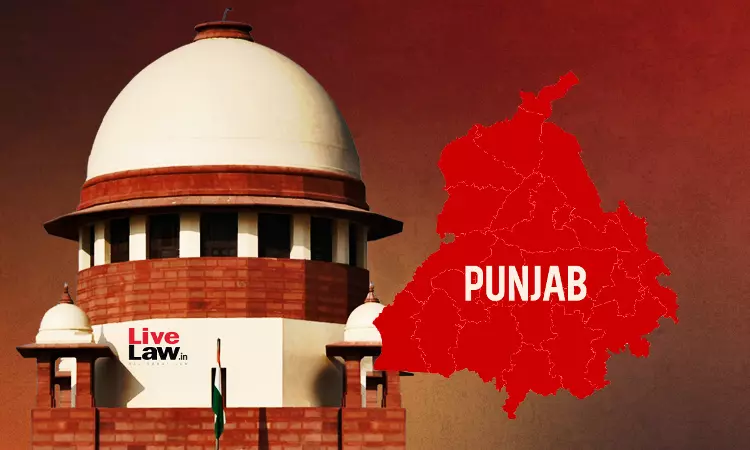Supreme Court Slams Punjab Govt For Disowning Undertaking Given By Addl Advocate General, Hauls Up Chief Secretary
Amisha Shrivastava
5 March 2025 1:22 PM IST

Next Story
5 March 2025 1:22 PM IST
The Supreme Court on Tuesday pulled up the State of Punjab for attempting to distance itself from an undertaking given by its Additional Advocate General in 2002 assuring the Court that the state will implement the Punjab Privately Managed Affiliated and Punjab Government Aided Colleges Pensionary Benefits Scheme, 1986. The state had claimed that the undertaking was by the officer and not by...
